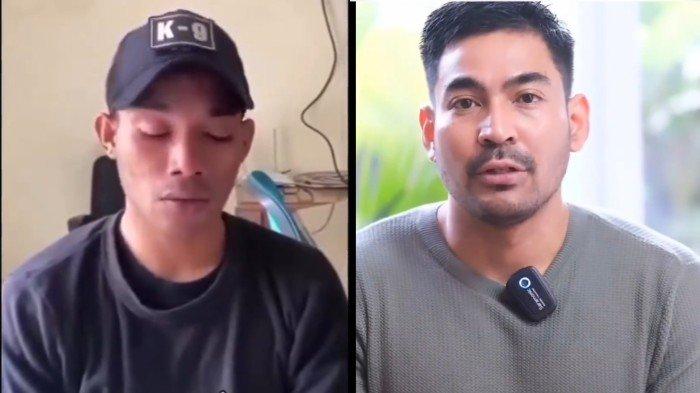
You would think that to be the ambassador of a prominent brand these days you’d be an expert on the mores of Netizens.
Common sense suggests that such influencers, who virtually live on social media, would know what sits well and what’s intolerable among netizens in Indonesia.
Common sense, however, is anything but common, says author Daniel Pink and nowhere is this more clearly demonstrated than a recent case involving the brand ambassador of handphone maker Oppo.
The incident started when apparently a fellow influencer posted a video of a security guard at Plaza Indonesia ostensibly hitting his guard dog. The BA then reposted the video, and since he has thousands of followers, the post went viral.
In the meantime, the security guard, in a remorseful video clip said he hit his dog to prevent it from biting and killing a kitten.
But it was too late. Acting decisively or prematurely, depending on how you looked at it, the security firm sacked the guard. In turn Plaza Indonesia sacked the security firm.
Then the narrative on social media, initially aghast at the cruelty of the security guard, flipped. Netizens largely sided with the security guard and began to chastise the BA for not verifying his facts before posting, causing the security guard to lose his livelihood.
So far a sincere apology from the BA would have sufficed. Who, after all, had not erred posting or reposting something without double checking their facts?
But this was where things went downhill for the BA, which eventually dragged in Oppo, the brand he was fronting for.
The BA made several missteps. The first was when he threatened to get the police to go after Netizens who have “bullied” him. The Hive never likes threats.
Secondly, he responded to critical comments in an arrogant manner.
Thirdly, he eventually delivered an “unscripted” apology on video. It appeared anything but scripted and his offer that his house was open to the security guard if he needed any help, did not sit well. Many netizens said that if he was sincere and truly repentant he would approach the security person to help rather than get him to come to him.
By then Oppo had been dragged into the mess, with many Netizen calls to boycott the brand’s products unless they terminated the influence as it’s BA.
Oppo eventually terminated the influencer and the issue is still churning around in social media, although given the attention spans of netizens it’ll likely die down if no one adds fuel to the fire.
What lessons can brands take out of this episode? Perhaps that influencers are great fair weather allies but they do not necessarily have the empathy and skills to cope with difficult, crisis-like situations.
Brands spend a lot of money on such influencers. The least they can do is to provide them with training so that when things go wrong, they don’t shoot–not only themselves but their paymasters on the foot.
Contact Maverick’s Crisis Management Practice to see how we can help you protect your brand against errant influencers and Brand ambassadors.
Written by
Ong Hock Chuan
Managing Partner & Founder, Maverick
